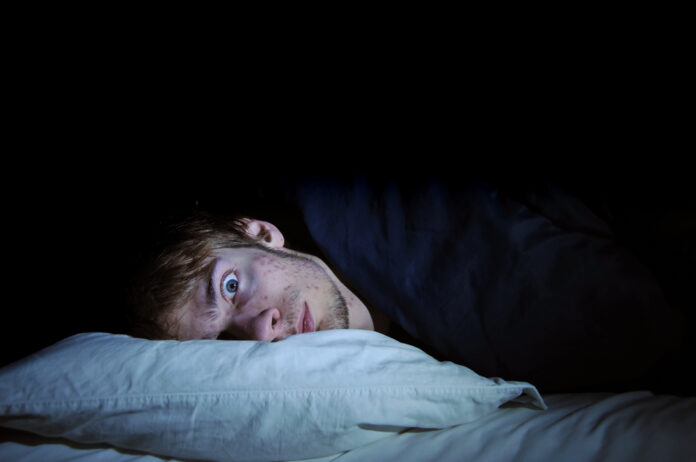Life and its day are rotating between sleep and wakefulness. This 24-hour sleep-wake cycle is known as our circadian rhythm. The internal clock which is located in our hypothalamus responds to external cues that tell your body it’s time to go to bed.
Sometimes, your circadian rhythm can get thrown off due to: shifts of your work, traveling across the time zones, anxiety, etc.
Luckily, there are things you can do to improve sleep hygiene and reset your internal clock.
Here are some ways to work your way back to a good night’s sleep.
1. Get Right with the Light
One of the best ways to fix your sleep schedule is to plan your exposure to light. The sleep hormone, Melatonin is more active in the darkness. When you’re exposed to light, your brain stops producing melatonin. That may affect your sleep very badly.
Darkness tells your brain to make more melatonin, so you feel drowsy.
In the morning, exposing yourself to light can help you wake up. Try opening the curtains, taking a walk, or relaxing on the porch.
At night, prime yourself for sleep by turning off or dimming bright lights.
2. Practice Relaxation
Spending time for relaxation might help you sleep better. When you’re stressed or anxious, your body produces more cortisol, the stress hormone. A higher level of cortisol in the body will awake you. Creating a relaxing bedtime ritual may reduce stress and its negative effects on sleep.
3. Skip Naps
If you have sleeping disorders, avoid naps during the day. Napping can make it difficult to go back to sleep at night.
If you must nap, aim for less than 30 minutes. It’s also best to nap before 3 p.m. so your nighttime sleep isn’t disrupted.
4. Get Daily Exercise
One way to reset your internal clock is to get regular exercise. Body tissues — including skeletal muscle — are linked to your biological clock. So, when you do exercises, the muscle responds by aligning your circadian rhythm.
Exercise also helps you sleep better by promoting melatonin production. Thirty minutes of moderate aerobic exercise may improve your sleep quality that same night. However, you’ll get the best results if you exercise regularly.
5. Avoid Noise
A calm sleeping environment is a must for a good night’s rest. To remove loud noises, keep your television out of the bedroom and turn it off before bedtime. Turn off your cell phone or use the “silent” setting.
6. Keep it Cool
It is important to keep body temperature in a moderate manner.
A cool bedroom temperature — between 60 and 67°F (15 to 19°C) — will help you feel comfortable and doze off. You can also use an air conditioner or fan during warmer weather, or a space heater during cold weather. These offer the extra benefit of creating white noise.
7. Be Comfortable
A comfortable bed is the best sleeping environment for a good night’s rest. Generally, experts suggest replacing your mattresses every 10 years and pillows every two years.
8. Have Your Dinner Early
Your eating habits also can depend on your sleeping habits. A late dinner can delay your sleep, so eat your last meal two to three hours before bed. This will give your body enough time to digest the meal. And try to have meals every day at the same time.
9. Keep your Sleep Regular
Fix a sleep schedule. It will help you to keep a healthy mind and body.
Choose a bedtime and wake-up time. Stick to these times every day, even on weekends or days off. Try to avoid staying up or sleeping in for more than one to two hours.
By following a regular schedule, your internal clock can develop a new routine. Over time, you’ll be able to fall asleep and wake up with ease.
10. Talk with your Doctor
It’s normal to have sleep problems every now and then. Usually, changing behaviors or habits can restore your routine. But if sleep troubles persist, visit your doctor.
You might have an undiagnosed sleep disorder. If so, a sleep specialist can guide you through proper treatment.



